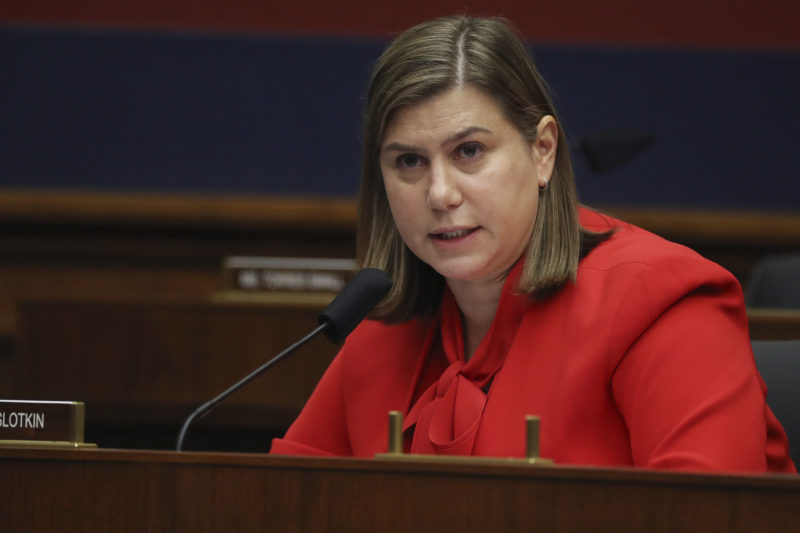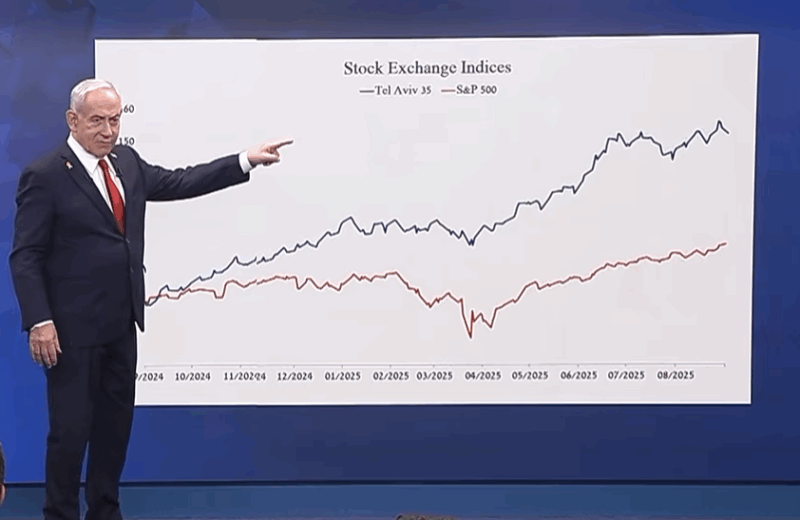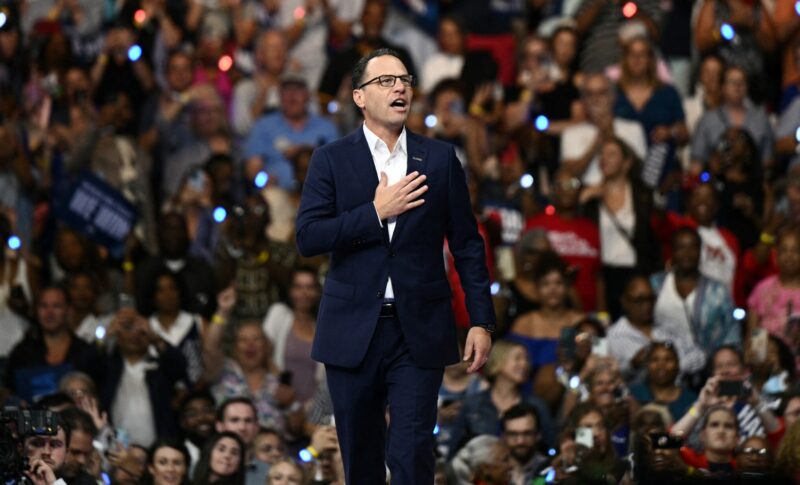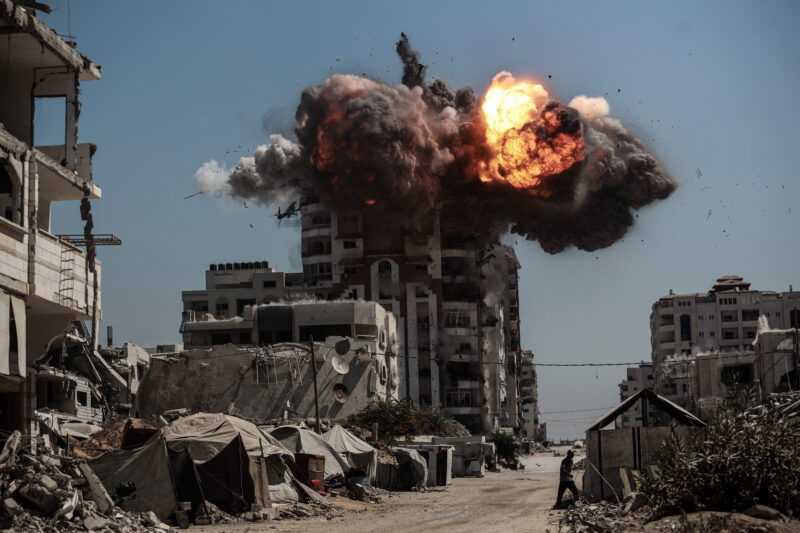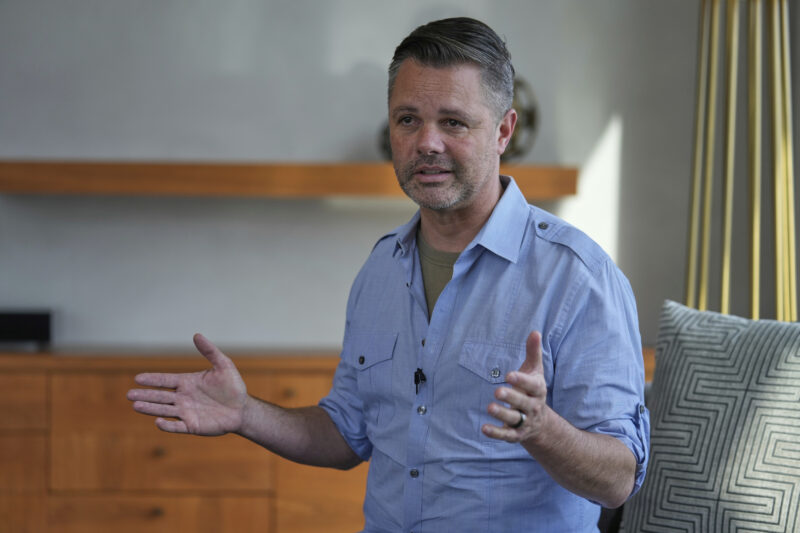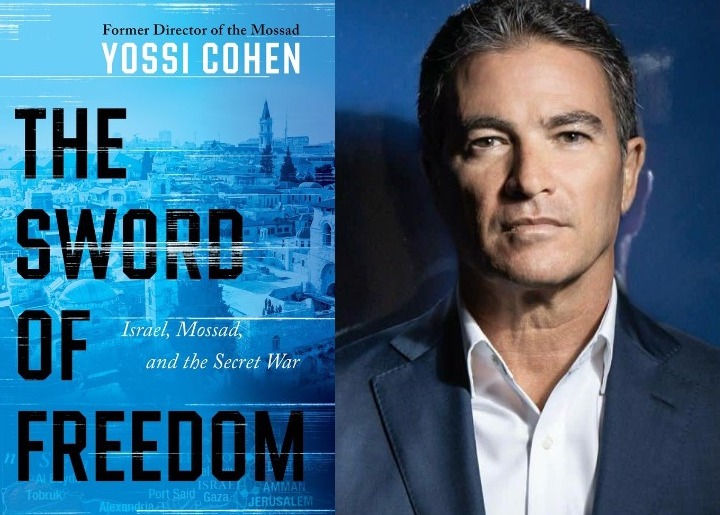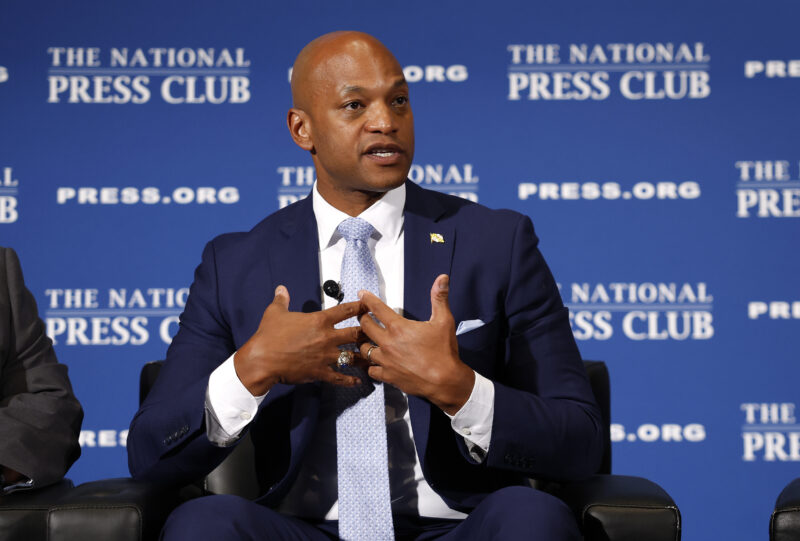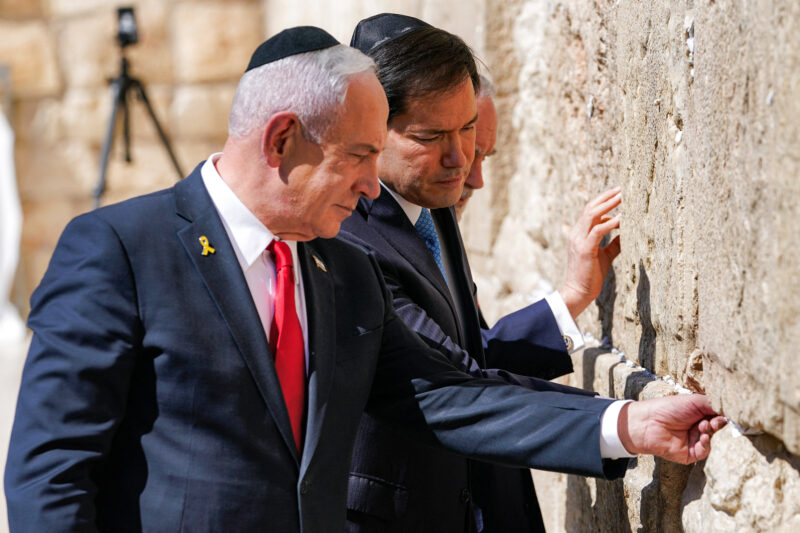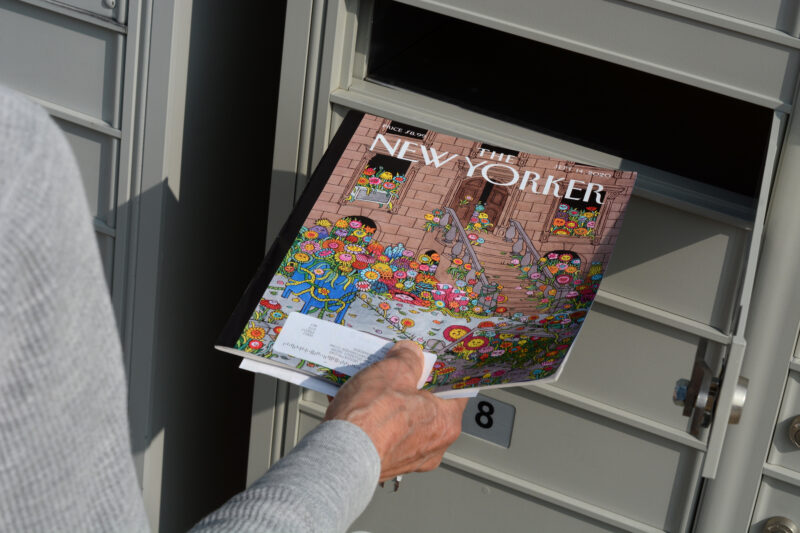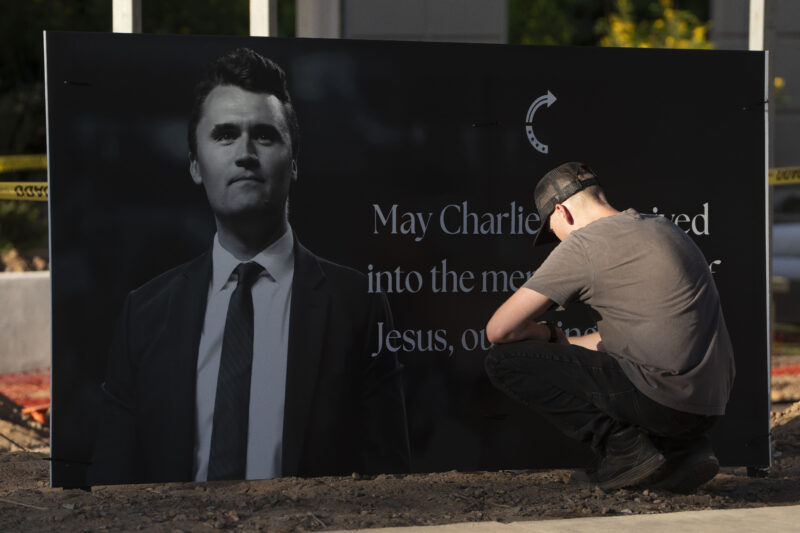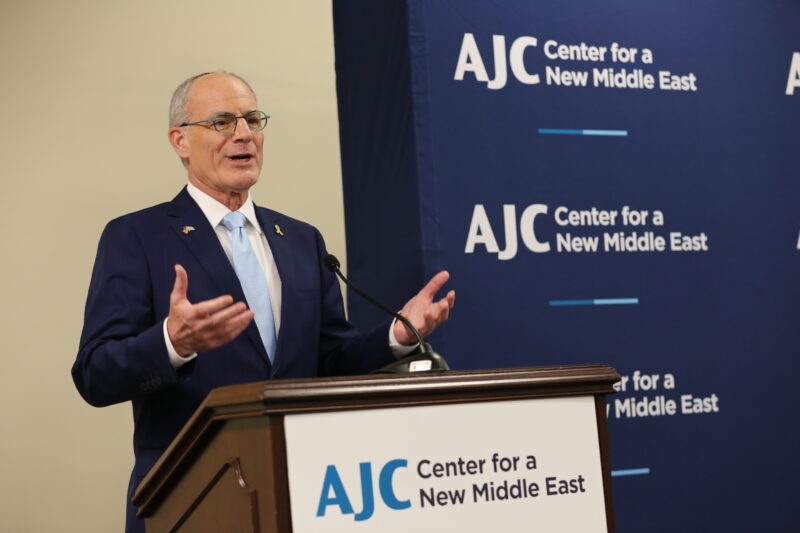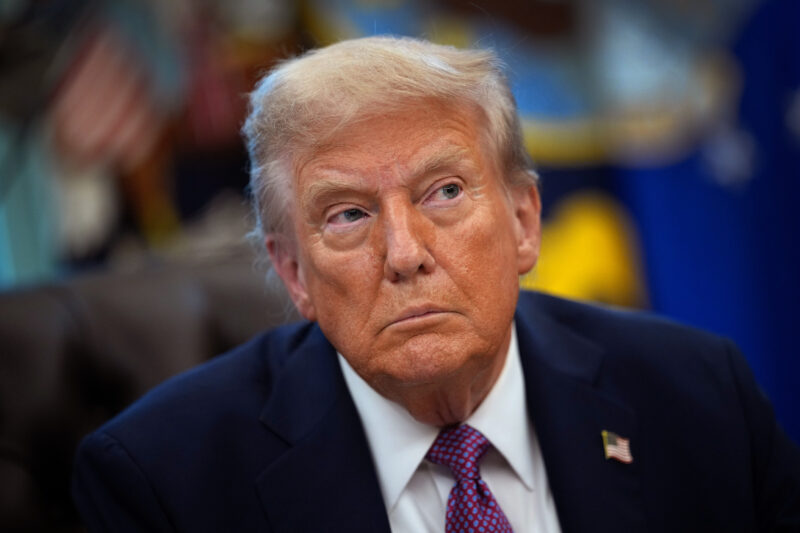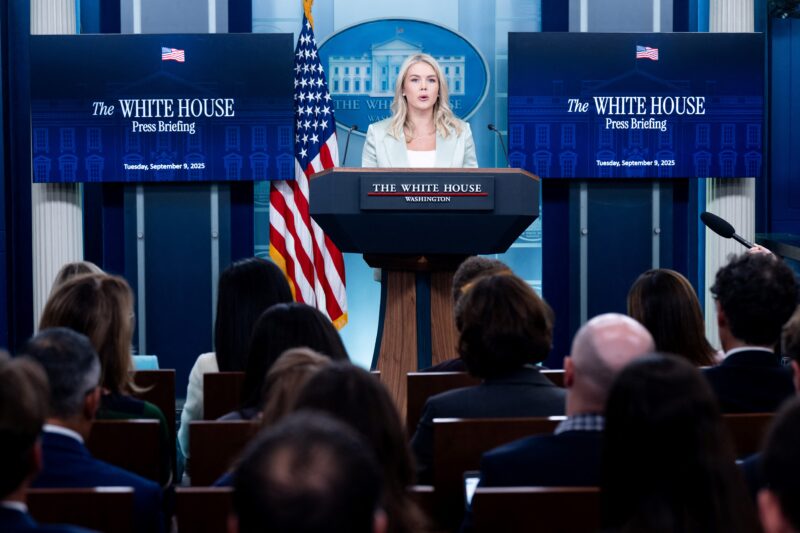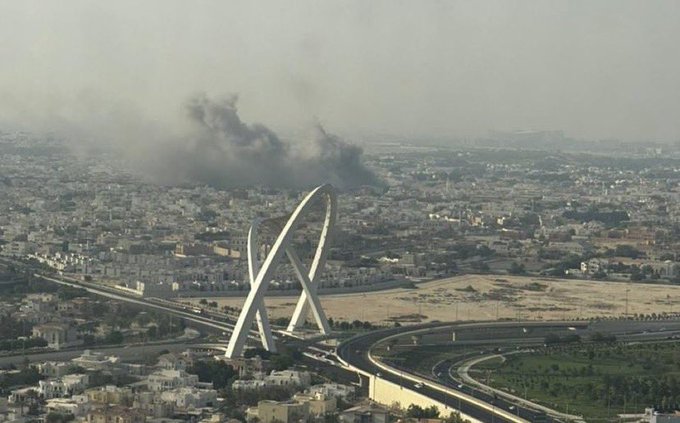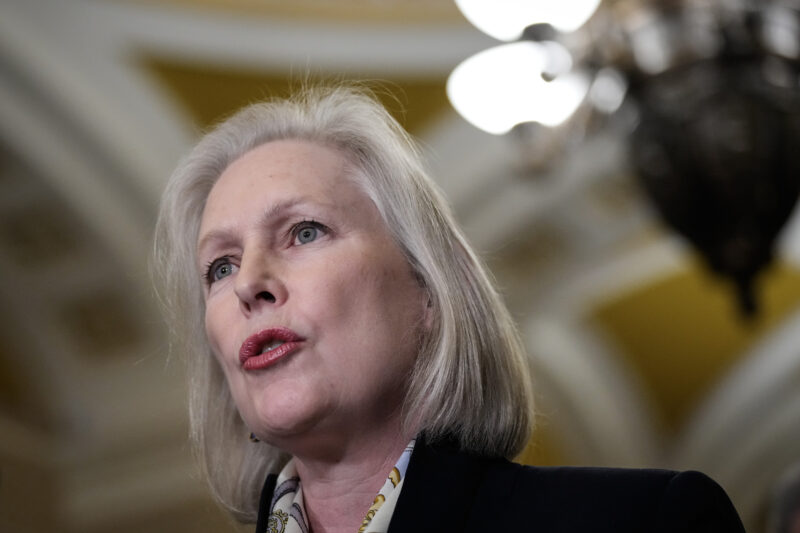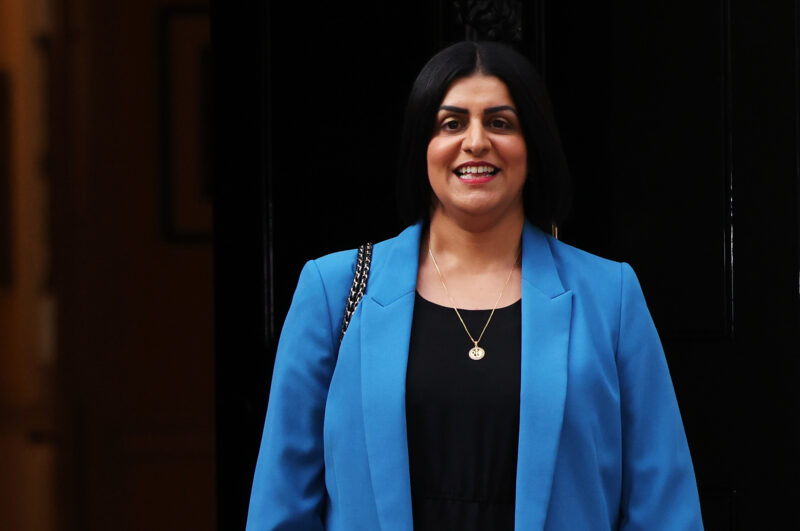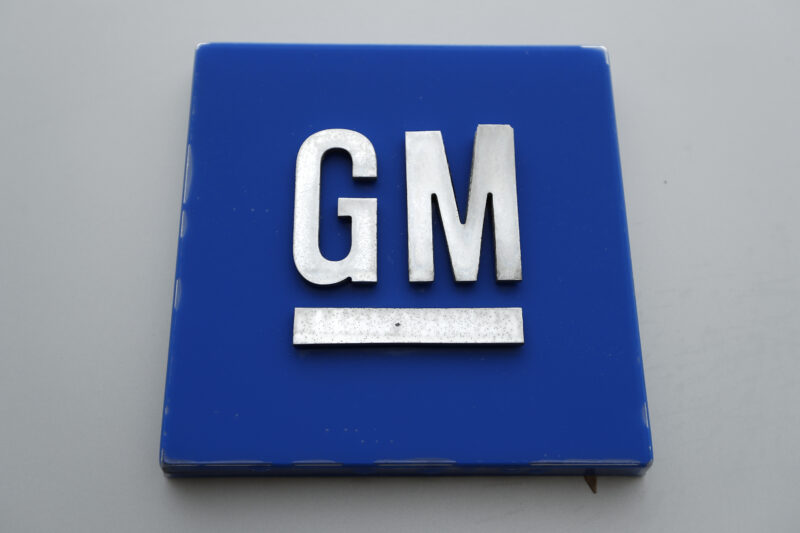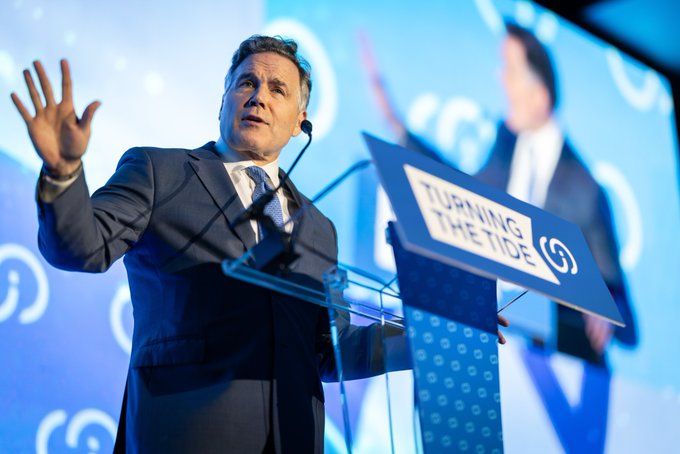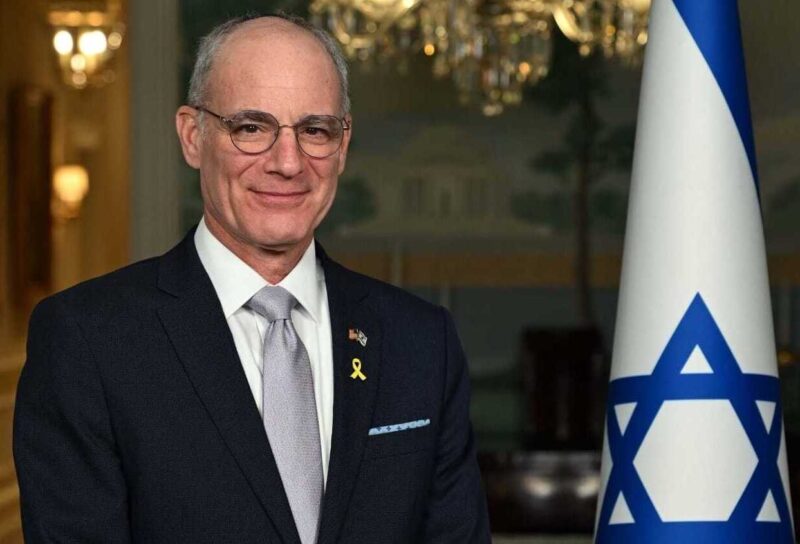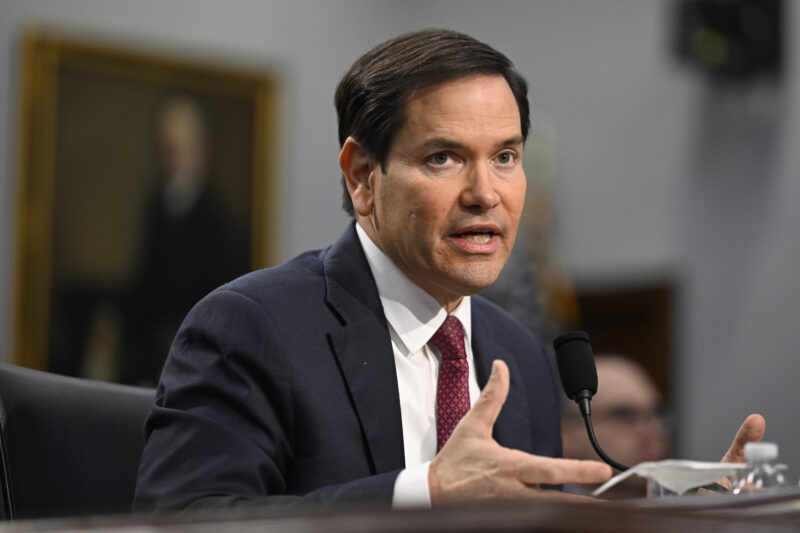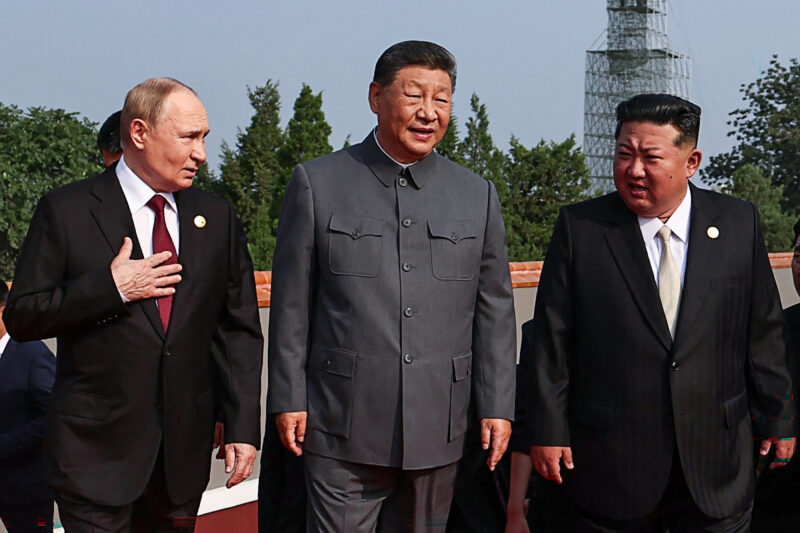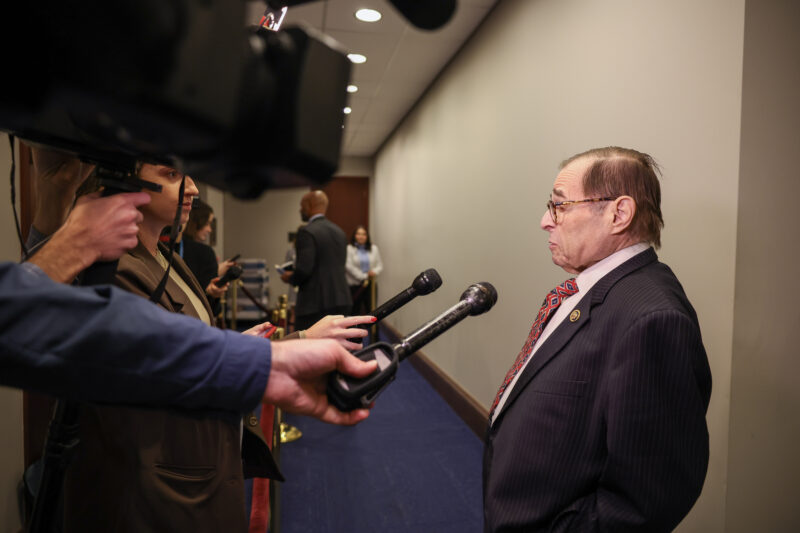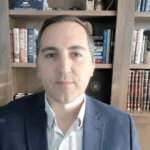What to expect from snapback sanctions on Iran
If sanctions return, the Iran nuclear deal ‘is dead, we’re sitting shiva, it is over. That is an unpredictable reality for the regime, for its economy and its financial stability,’ Rich Goldberg said
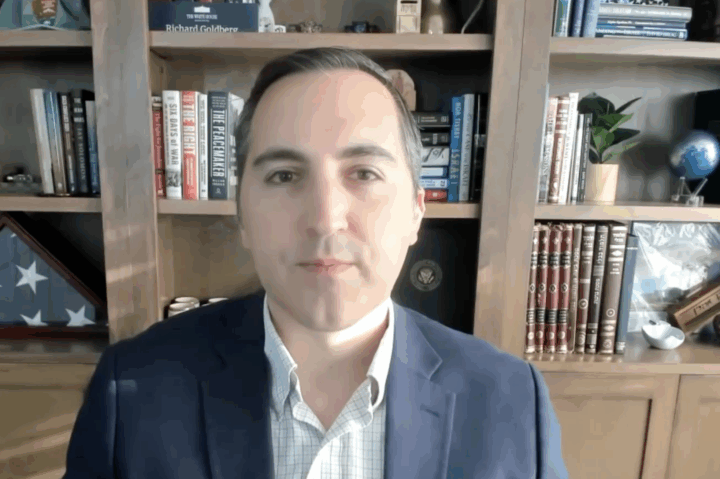
Screenshot
Foundation for Defense of Democracies senior advisor Richard Goldberg on the Misgav Institute for National Security and Zionist Strategy’s Mideast Horizons podcast, Sept. 2025
The Sept. 27 deadline to snap back United Nations sanctions on Iran’s nuclear and other weapons programs is rapidly approaching.
The E3 — as France, Germany and the U.K. are known — announced last month that they planned to trigger the snapback sanctions mechanism, meaning the likely return of all U.N. sanctions that had been “sunsetted” per the 2015 Iran nuclear deal.
In an interview with Jewish Insider’s Lahav Harkov on an episode of the Misgav Institute for National Security and Zionist Strategy’s Mideast Horizons podcast, Foundation for Defense of Democracies senior advisor Richard Goldberg explained the snapback procedure and how the sanctions are expected to damage Iran’s economy.
Goldberg recently finished a stint as the Trump administration’s National Energy Dominance Council’s senior counselor and was the director for countering Iranian weapons of mass destruction in the first Trump administration.
“The Iran nuclear deal, in 2015, set out all kinds of parameters for the years to come,” Goldberg said. “In 2020, the conventional arms embargo on Iran went away. That was scheduled to happen as one of these sunsets under the deal. That was a [U.N.] Security Council restriction previously on Iran. … The missile embargo goes away.”
Another part of the Iran deal set to sunset was the snapback mechanism itself, which expires at the end of this month.
Snapback “was part of the marketing sell to Congress and the American people by [former Secretary of State] John Kerry and [former President] Barack Obama at the time, saying that if Iran violates the deal at any time, we can just bring back all the sanctions from the U.N.,” Goldberg recounted.
The snapback procedure outlined in the Joint Comprehensive Plan of Action, the formal name for the Iran deal, states that after snapback is invoked, other U.N. Security Council members have 10 days to propose a resolution opposing the return of the sanctions. The council would then have to affirmatively vote not to enact snapback, with the permanent members retaining veto power, Goldberg explained.
Ten days after the E3 triggered the snapback sanctions process, no country had submitted such a resolution, requiring the current president of the UNSC, South Korea, to do so instead, and hold a vote within the 30-day period from the snapback announcement. The vote has not been scheduled yet, and in all likelihood, the U.S., France or the U.K. will veto the resolution, such that snapback will take effect.
“The process does appear to be unfolding by the book,” Goldberg said.
“The onus is on the Iranians or the Russians or the Chinese to try to overcome a U.S. or European veto,” Goldberg said. “We have all the cards.”
If the resolution to cancel snapback does not pass, then the JCPOA “sort of self-destructs,” he said. That means the return of the U.N. missile embargo and conventional arms embargo on Tehran, and Iran will no longer be permitted to enrich any uranium.
“Then, it’s on the secretariat, the U.N. staff, the secretary-general … to actually do the things that need to happen to roll back to the previous sanctions regime,” Goldberg said. “And that will be the next test to see if the Russians or Chinese exert some kind of pressure. … I expect it will occur at this point.”
Goldberg said it is important not to stop the snapback process, even if Iran suddenly agrees to cooperate.
“You don’t stop the snapback, which goes away in just a few weeks,” he said. “You cannot trigger this again after October; it’s done. Iran just wins all these strategic gains forever. … You have to complete the snapback because you don’t get another chance at it.”
The impact of snapback would be significant on several fronts.
“On a strategic level, they will no longer have any claim of legitimacy to transfer weapons to Russia,” Goldberg said. “Technically, the Russians today will tell you that it is fully legal under the Security Council, which is true. … That will be done after the snapback is completed.”
It also sends a message to any other countries who may want to help Iran rebuild its nuclear program or its missile activities that “you are in violation of a Security Council resolution and [the U.S. and Europe] are going to hold you accountable.”
In addition, Goldberg said the sanctions will hurt the regime economically.
“I think that’s one of the reasons why they fought this so hard,” he said.
Throughout the years, as the E3 spoke out against Iran’s violations of the JCPOA, the deal was still in place, Goldberg said, and even as the Iranian economy tanked, the sunsetting of sanctions gave the markets hope that they had not yet reached bottom.
“You have seen the Rial go back into freefall since snapback was triggered. That means there’s instability again. There’s uncertainty again. Once snapback happens and all the international resolutions come back, there is no hope of the JCPOA coming back. …The patient is dead, we’re sitting shiva, it is over. I think that is an unpredictable reality for the regime, for its economy and its financial stability,” he said.
At the same time, the U.N. sanctions are not financial; they are on weapons programs and trade in components, but not on individuals or banks.
Goldberg argued that Iran “value[s] the veneer of legitimacy” from being part of the Nuclear Non-Proliferation Treaty and what the sunsetting of U.N. sanctions permitted — such as selling drones that Russia used in its war against Ukraine.
“It’s a bizarre thing in regimes like Iran, even Russia, China, though they flout international law, conduct illicit activity, make a mockery of the international institutions which we founded and still care about,” he said, “they actually try to use them to create their own sense and source of legitimacy, so a Security Council resolution that has their back … is really valuable to them because it forces the Europeans to contort themselves.”
“They yearn for that legitimacy to insulate themselves from further pressure from good actors,” he added.
Last week, Iran was elected vice-chair of the International Atomic Energy Agency’s annual conference, while refusing to allow the agency to inspect its nuclear sites.
“Only in the United Nations can such a thing occur,” Goldberg said, calling it “a wild, wild thing.”
Iran is supposed to allow basic inspections of its nuclear facilities as a member of the Non-Proliferation Treaty. Under the framework of the JCPOA, they agreed to adopt “additional protocols,” including snap inspections and videotaping of their nuclear facilities. Iran stopped respecting those commitments years ago.
Still, the IAEA was able to release quarterly reports on Iran’s enriched uranium stockpiles, something that Goldberg said is “not going to happen for the foreseeable future, because all those stockpiles and the materials and the facilities are either heavily degraded or destroyed” by the June strikes by Israel and the U.S.
The world, however, “should be worried long-term about reconstitution efforts,” he said.
The question remains how the world will know if Iran tries to reconstitute its nuclear program, given the lack of oversight.
“We will have to rely on Western intelligence between Israel, the U.S., partners and allies, and whatever else the IAEA can glean on its own from visits and tours that the Iranians allow … We should obviously be pushing them to accept inspections, robust verification and dismantlement of anything that is left over. … The nuclear-capable missile program still has infrastructure and could be threatening … and maybe foreign actors come in to help them as well,” Goldberg said.




